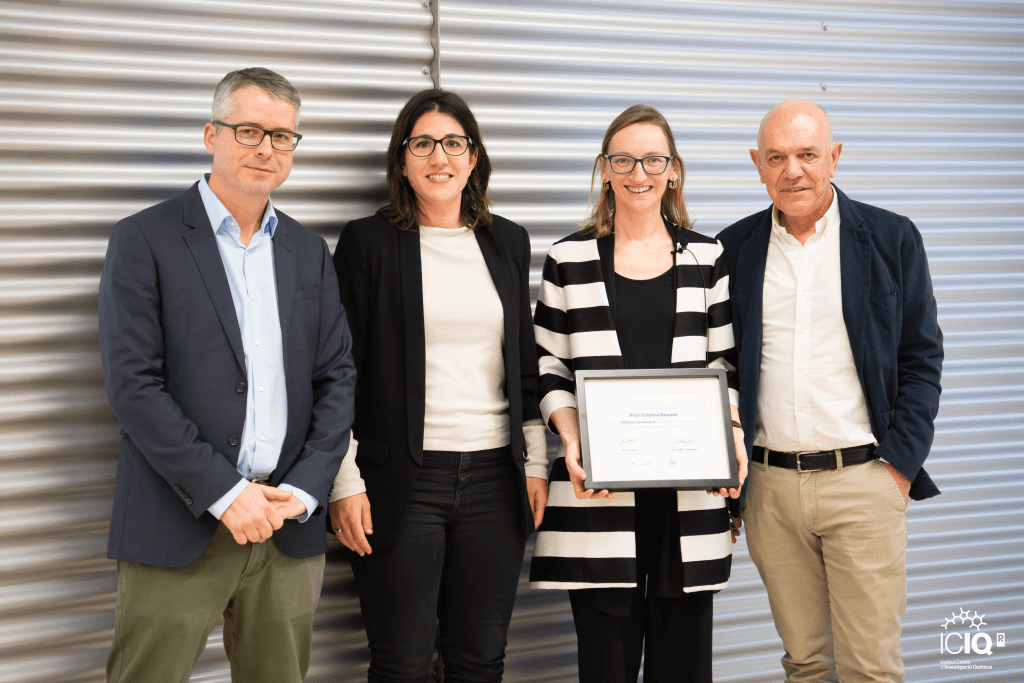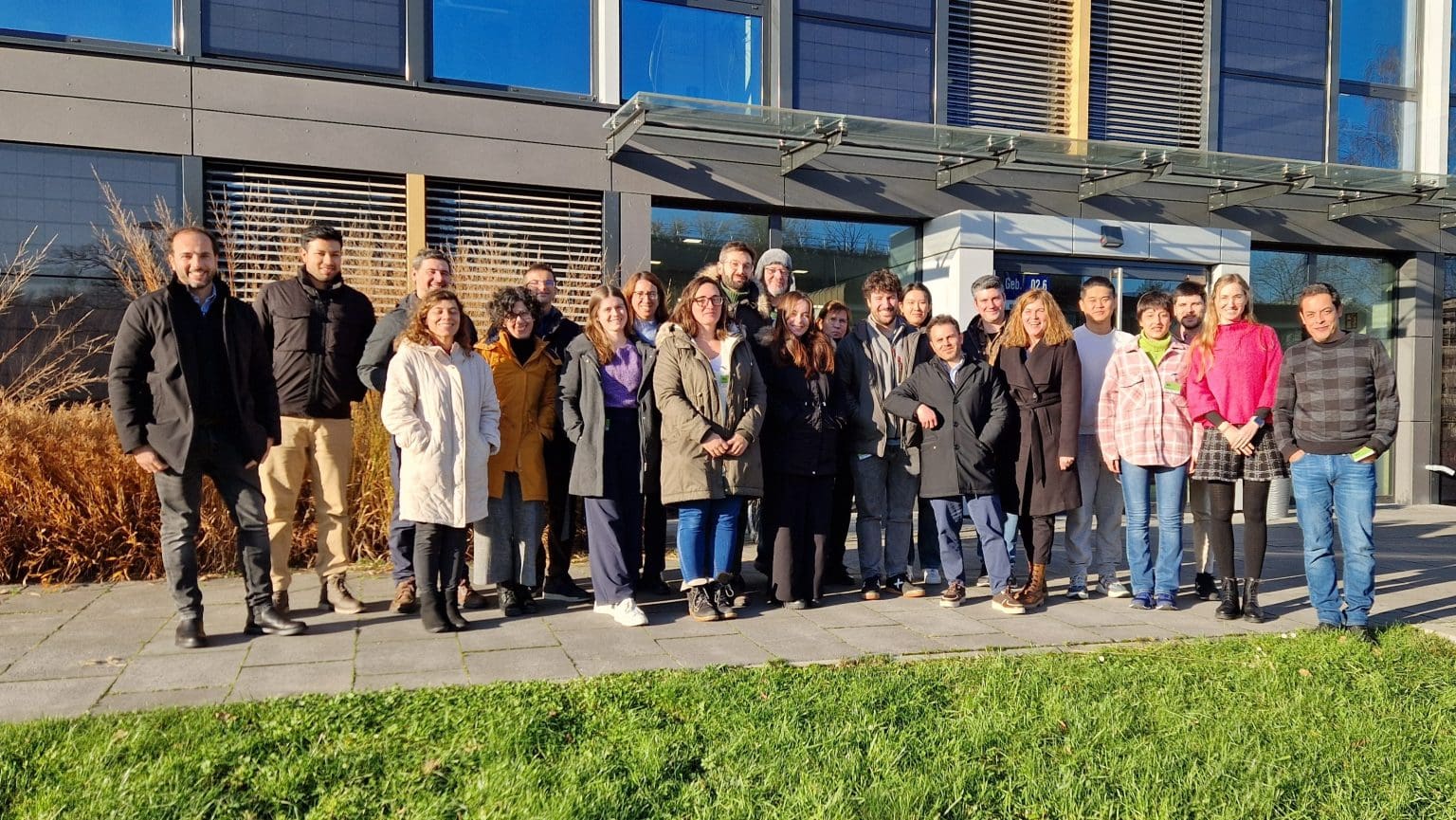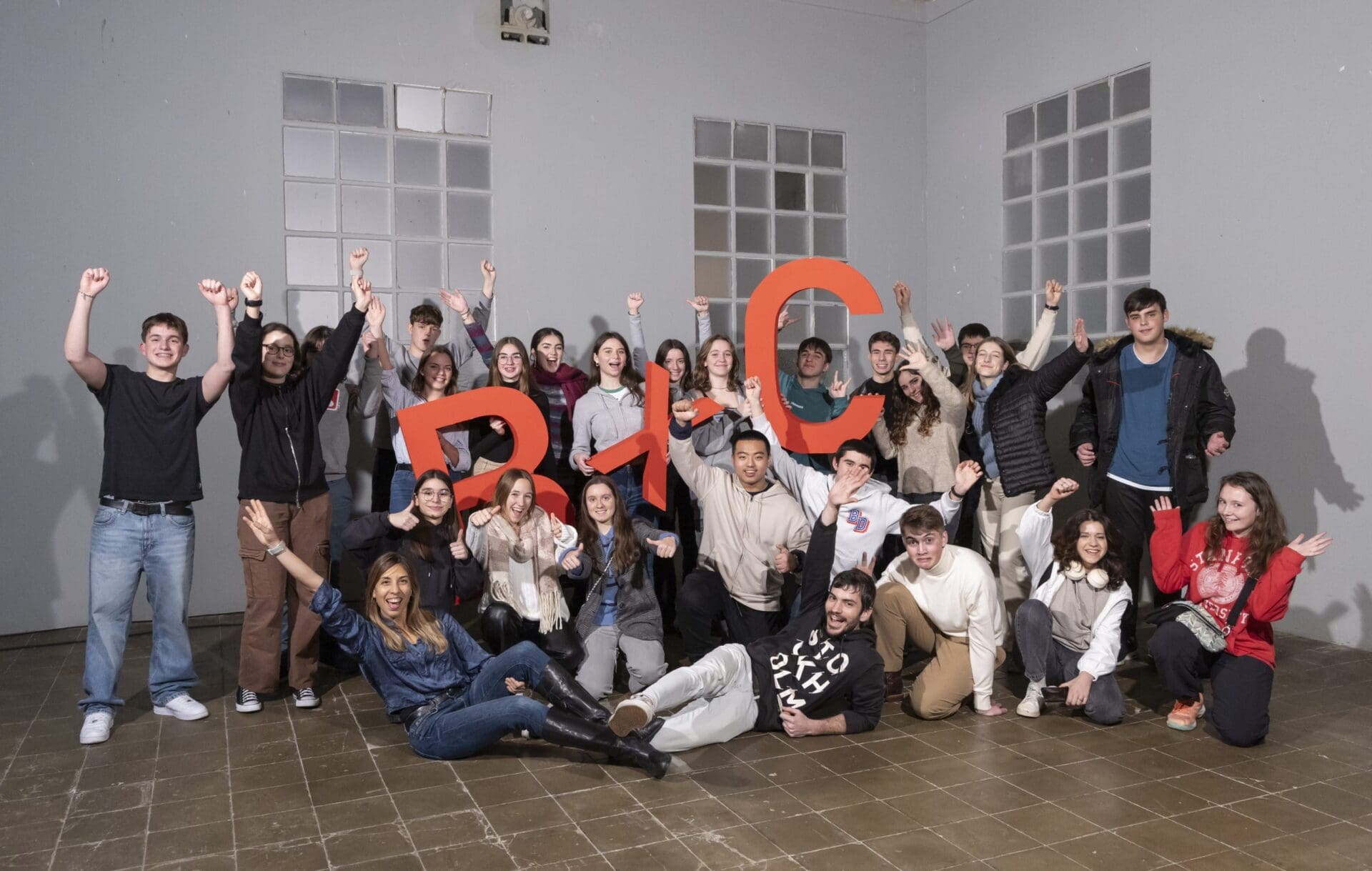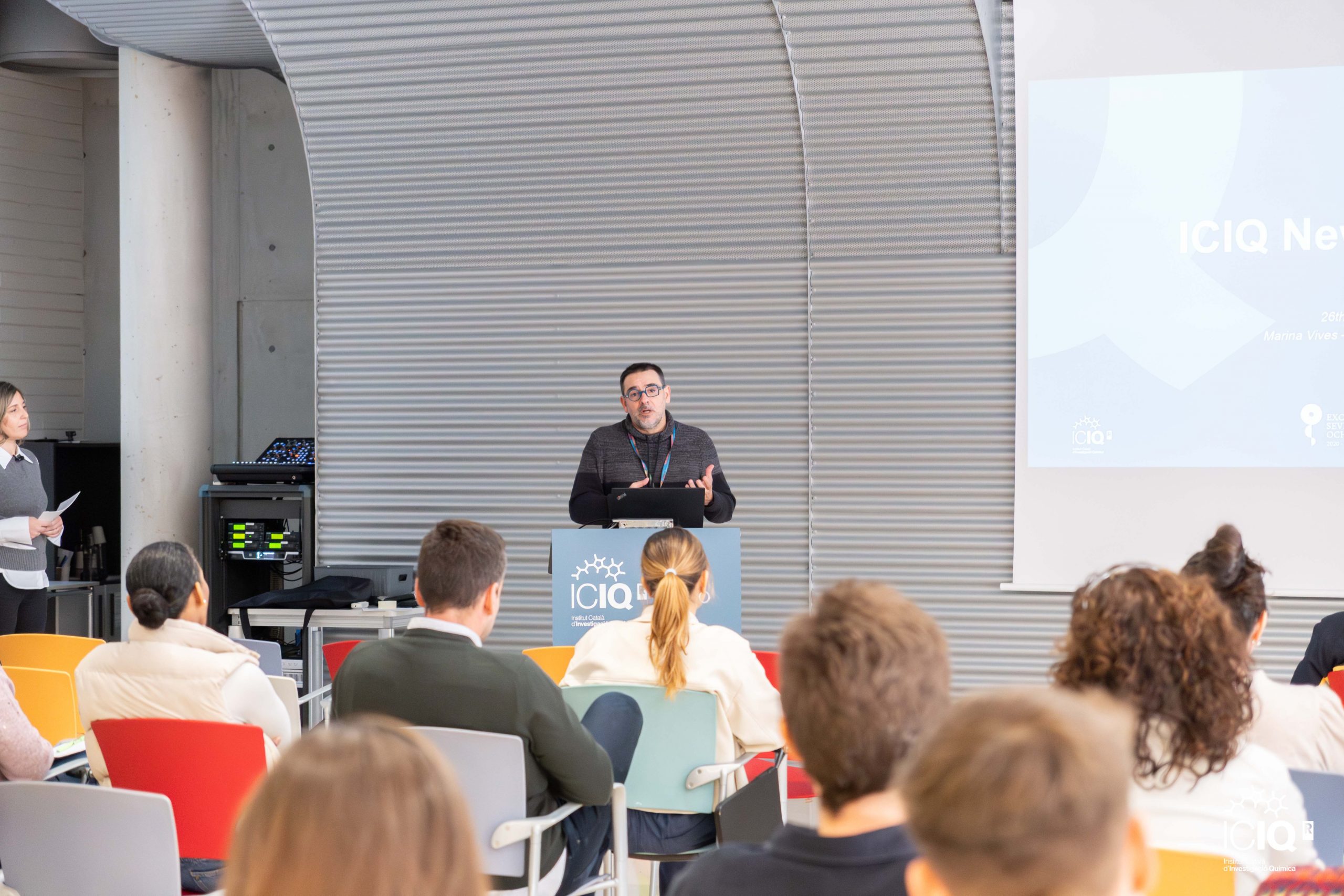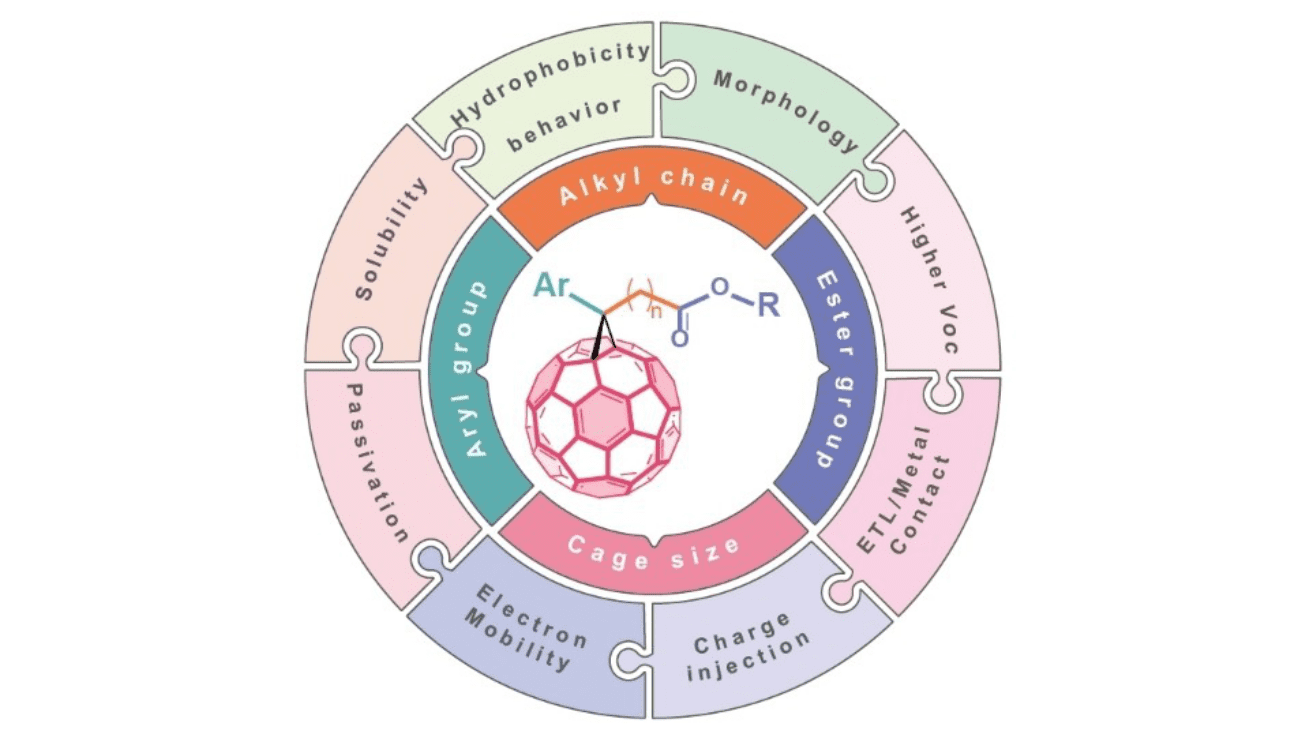PHOTOSINT project starts with the goal to produce hydrogen and methanol out of wastewater, CO₂ and sunlight
Funded for four years with €5M by the EU, the project began with a kick-off meeting on September 27th and 28th in Seville, Spain.

The PHOTOSINT project is funded with €5M by the European Union’s Horizon Europe programme and ICIQ has a role in it through the participation of Prof. Julio Lloret-Fillol research group. The project aims to develop a photo-electrochemical cell (PEC) capable of converting wastewater and CO₂ into valuable fuels, such as hydrogen and methanol, using only sunlight as an energy source. The project timeline spans from September 2023 to August 2027, covering various phases including project management, system components deployment and integration design, pilots’ integration and assembly, and energy integration into industries.
Renewable energies and sustainability are the main focus of ICIQ’s research, and at the heart of the PHOTOSINT project lies this commitment.
By using wastewater and CO₂ as feedstocks, the project not only aims to reduce environmental pollution but also promotes a circular economy that maximizes resource efficiency and minimizes our reliance on finite fossil fuels. The project’s focus on producing hydrogen and methanol as energy vectors further underscores its commitment to a sustainable future. Hydrogen is widely considered a clean and efficient energy carrier while methanol holds promise as a versatile fuel that can be used in various applications, including transportation and power generation.
The core of the project revolves around solar-driven artificial photosynthesis, seeking to develop new catalytic materials and modify existing ones to improve catalytic processes. The project’s photoelectrocatalytic cell (PEC) integrates a perovskite solar PV cell equipped with a novel light concentrator, aiming to maximize overall energy efficiency. As part of the project’s comprehensive tasks, prototypes will be tested using methanol (MeOH) and hydrogen (H2) in engines. Additionally, a high-temperature proton exchange membrane (HTPEM) fuel cell will be employed for electricity generation, while hydrogen will be tested as an alternative fuel for energy generation in melting furnaces to reduce CO₂ emissions.
The PHOTOSINT project is led by Idener and brings together a consortium of research institutions and industrial partners from across Europe including: Kemijski Institut (NIC), ICIQ, Rina Consulting, Bioenergy Nigritas (BNIG), Steklarna Hrastnik Druzba, Kneia, Eesti Maaulikool, Hysytech, Universite Paris Cite, CSIC, Redoxme, Azomures and Torrecid.

This project has received funding from the European Union’s Horizon Europe research and innovation programme under grant agreement Nº 101118129
Related news

Let's create a brighter future
Join our team to work with renowned researchers, tackle groundbreaking
projects and contribute to meaningful scientific advancements






 11-12-2024
11-12-2024 
